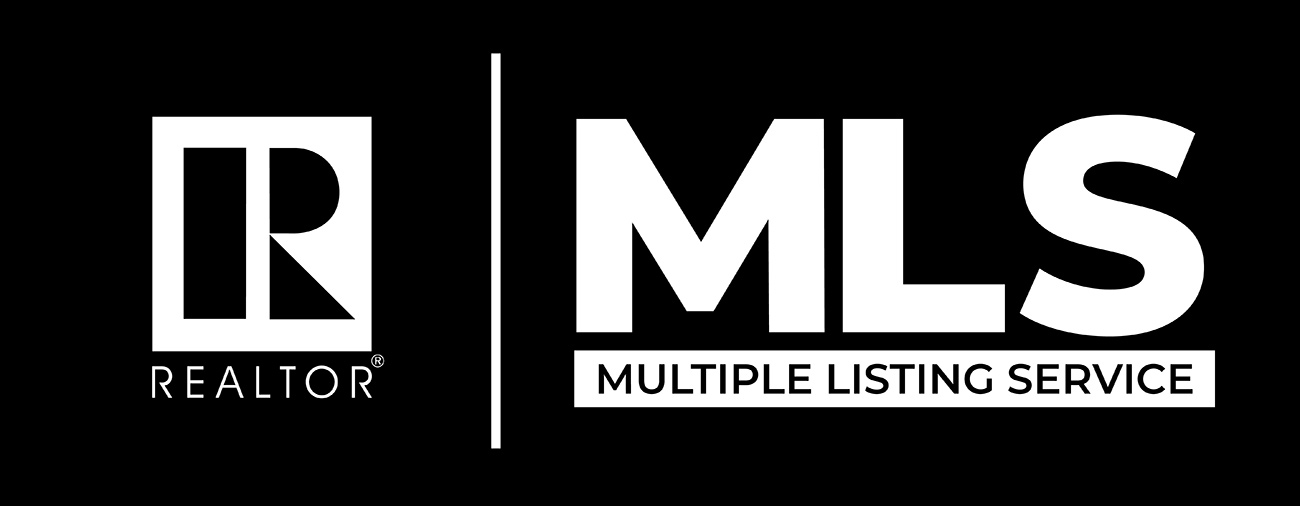Subscribe for Blog Post
🏗️ Thinking of Buying Pre-Construction? Here’s What You Need to Know
Buying a pre-construction home—whether it’s a condo, townhouse, or detached house—can be an exciting way to lock in today’s prices for tomorrow’s property. But while the glossy brochures and model suites are tempting, there’s a lot more going on behind the scenes.
Let’s break it down.
🏢 Pre-Construction Condos & Apartments
Pros:
-
Modern amenities
-
Efficient layouts
-
Potential for appreciation by completion
Watch for:
-
Smaller square footage than advertised (builders often include balcony space)
-
Assignment restrictions if you want to sell before closing
-
Occupancy fees (also called “phantom rent”) before you officially own the unit
🏘️ Pre-Construction Townhouses
Pros:
-
More space than a condo
-
Private entrance and possibly a backyard
-
Good value in growing communities
Watch for:
-
Condo fees if it’s a condo-townhouse
-
Shared walls may affect sound privacy
-
Limited parking or visitor access
🏡 Pre-Construction Detached & Semi-Detached Homes
Pros:
-
More living space and land
-
Fully owned property—no monthly maintenance fees
-
Greater long-term appreciation potential
Watch for:
-
Grading or lot changes from original plans
-
Delays in infrastructure (like roads or parks not being finished when you move in)
-
Development charges that can be tens of thousands of dollars if not capped
💰 Hidden (and Not-So-Hidden) Costs to Know Before Closing
Even after you’ve paid your deposit, here are a few extra costs that often surprise first-time pre-construction buyers:
1. Development Charges & Levies
These are fees the builder passes along to cover city infrastructure (water, sewer, roads).
💡 Tip: Ask if these are capped in your agreement.
2. Occupancy Fees
Especially common with condos—you’re allowed to move in but you don’t actually own the unit yet. You pay a fee to the builder, not toward your mortgage.
3. Tarion Warranty Fee
This protects you if defects arise after you move in. The cost is usually tied to your purchase price.
4. HST
In most cases, HST is included in the price—but not always. If you’re an investor and not planning to live in the property, you might owe thousands more.
5. Legal Fees
You’ll need a lawyer familiar with pre-construction purchases to review your agreement, especially during the 10-day cooling-off period in Ontario.
6. Utility Hookups & Metering Fees
Many builders charge separate fees to connect utilities like gas, hydro, and water.
📝 Final Thoughts from Cathy
Buying pre-construction can be a smart move—but only if you go in with your eyes open. Timelines shift. Fees add up. And not all upgrades add value.
Whether you’re looking for your first home or your next investment, I’m here to guide you through it, every step of the way.
📲 Let’s connect before you sign on the dotted line—your future self will thank you!
—
Cathy Tse
Direct: 647-463-8810 – Email: cathy.tse@century21.ca
Instagram – Facebook – Linktree – Subscribe for News – Blog – WhatsApp
Podcast: Play in new window | Download

 Facebook
Facebook
 X
X
 Pinterest
Pinterest
 Copy Link
Copy Link






